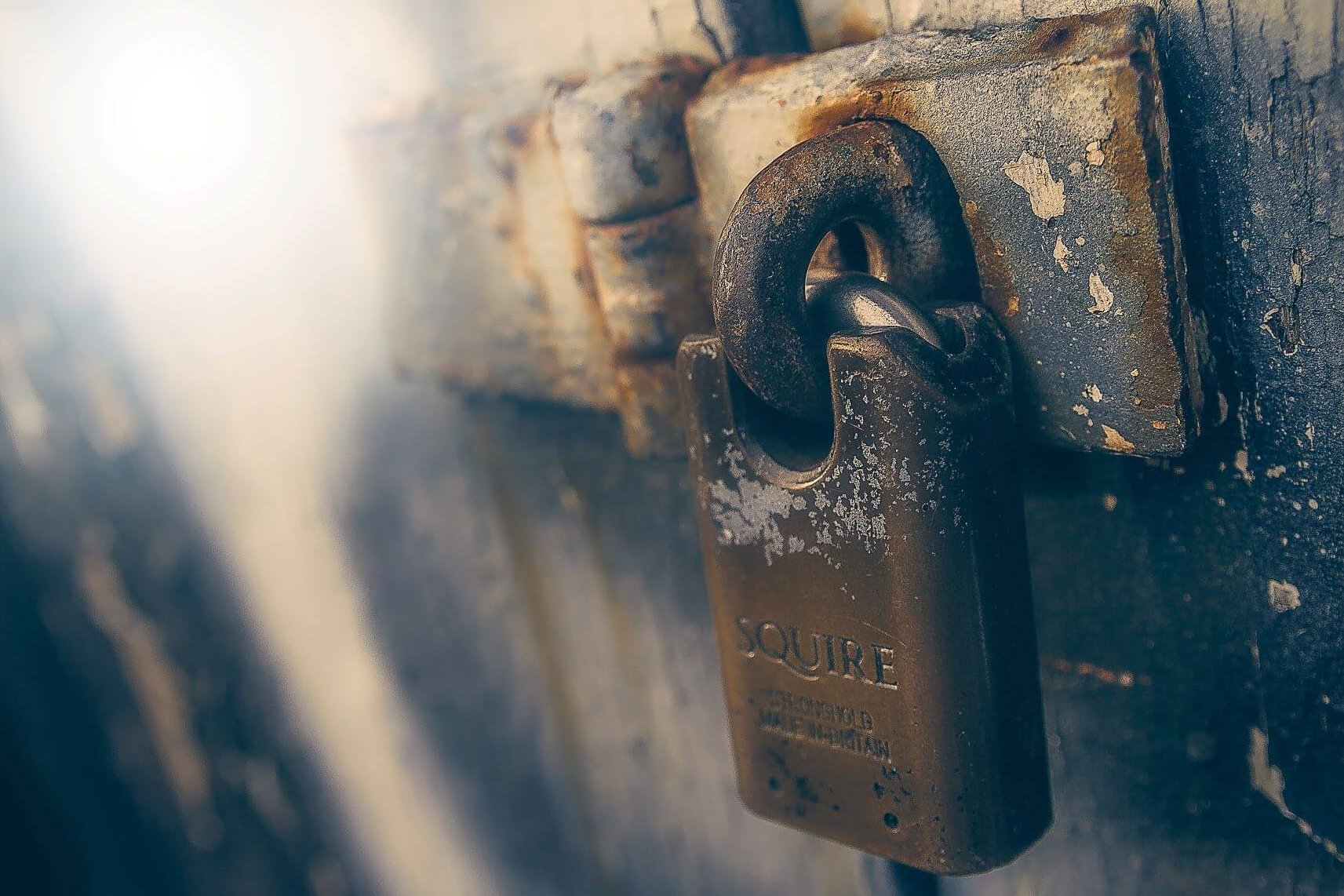

A Bitcoin paper wallet is a way of storing Bitcoin offline in cold storage. To have a paper wallet, users must print out their public address and private keys on a piece of paper and store it securely where nobody has access.
Private keys are for your eyes only. Do not share them with anyone and do not ask for somebody else to make transactions for you. Ignore all proposals or requests that involve you sharing your private key with a third party.
Even for people who have an understanding of Bitcoin and crypto, storage can still be a confusing topic. It normally takes some time to get your head around the fact that when you own a Bitcoin, you don’t actually possess it in a tangible form.
Having a Bitcoin paper wallet means the address that holds the Bitcoin isn’t yet connected to the blockchain. This means it is not active until you enter the information online and your wallet is connected to the live blockchain. At this stage, it is called cold storage.
Paper wallets can be generated using services like Bitcoinpaperwallet, which allows users to create a random Bitcoin address and private key. A document is then prepared which should be printed out and kept in a safe place, away from water and dampness so no damage occurs.
Cryptocurrency wallets are designed to hold digital assets securely. Cryptocurrency wallets work by adding layers of security to ensure the digital assets are kept secure and away from the prying eyes of potential hackers or thieves. Cryptocurrency wallets rely on cryptography for security.
There are a number of different cryptocurrency wallets available, ranging from printed-out paper wallets to online wallets and even hardware wallets.
The reason many cryptocurrency holders use a paper wallet is that they don’t need to worry about a piece of hardware or a piece of software failing – all they need to take care of is a piece of paper. They are classed as the most secure method of holding Bitcoins – that is, if you don’t intend to spend them.
Users can create a Bitcoin paper wallet easily on Wallet Generator. As soon as the setup process is complete, all trace of your data will be deleted from the website. Paper wallets are the safest long-term storage for Bitcoins. This is because it is not always safe to store Bitcoins online or in an exchange because they are often hacked. Even having a live wallet on a computer can cause risks.
By printing a tamper-resistant wallet, it allows you to minimise exposure to hackers as well as untrusty people in your home or office life. However, it is important to keep the wallet safe the same way you would with expensive jewellery or cash.
Alongside all of the advantages of paper wallets, they have certain flaws too. They are known to be a little more confusing and complicated than other wallets. They can be harder to set up, and if the paper is lost and a backup copy hasn’t been produced, there is no way of restoring your access to your Bitcoin.
If the currency is needed for regular trading or purchase purposes, then it is not ideal. It can be a major hassle to access your cryptocurrency through a paper wallet. This means if you are not familiar with how they work, it could result in you locking yourself out and losing access to your own Bitcoin.
While this space is still in its infancy, there is still a dark side to cryptocurrency where entities will try to hack, scam, and steal from others. Users can protect themselves from this with secure storage of coins and tokens, and users are advised not to leave funds on an exchange and never to share their private keys with anyone.
For more comprehensive guides on cryptocurrency, blockchain technology, and exchanges, click here.
Denver, Colorado, 24th February 2025, Chainwire
Denver, Colorado, 20th February 2025, Chainwire
Washington, D.C., 18th February 2025, Chainwire
Dubai, UAE, 27th January 2025, Chainwire
Those who enter the market at this time may be surprised to hear that Bitcoin…
George Town, Grand Cayman, 22nd November 2024, Chainwire